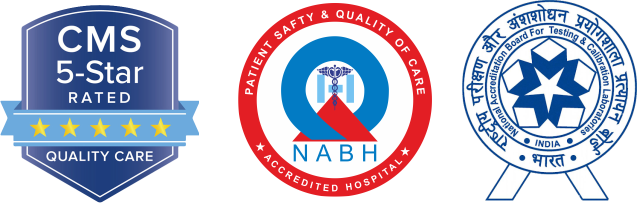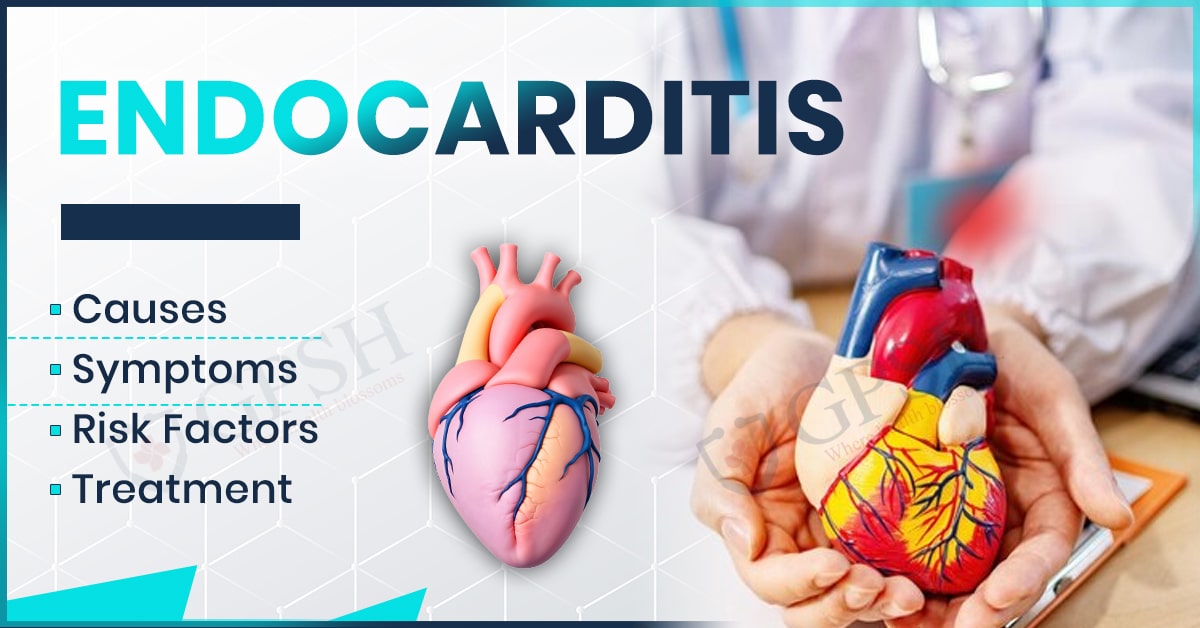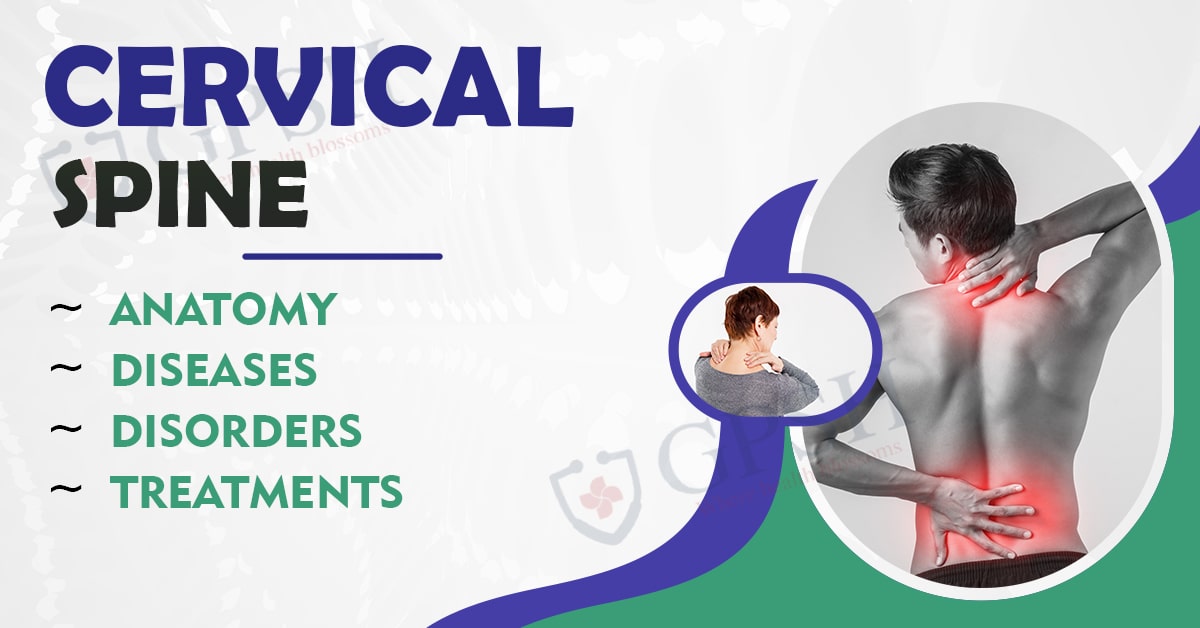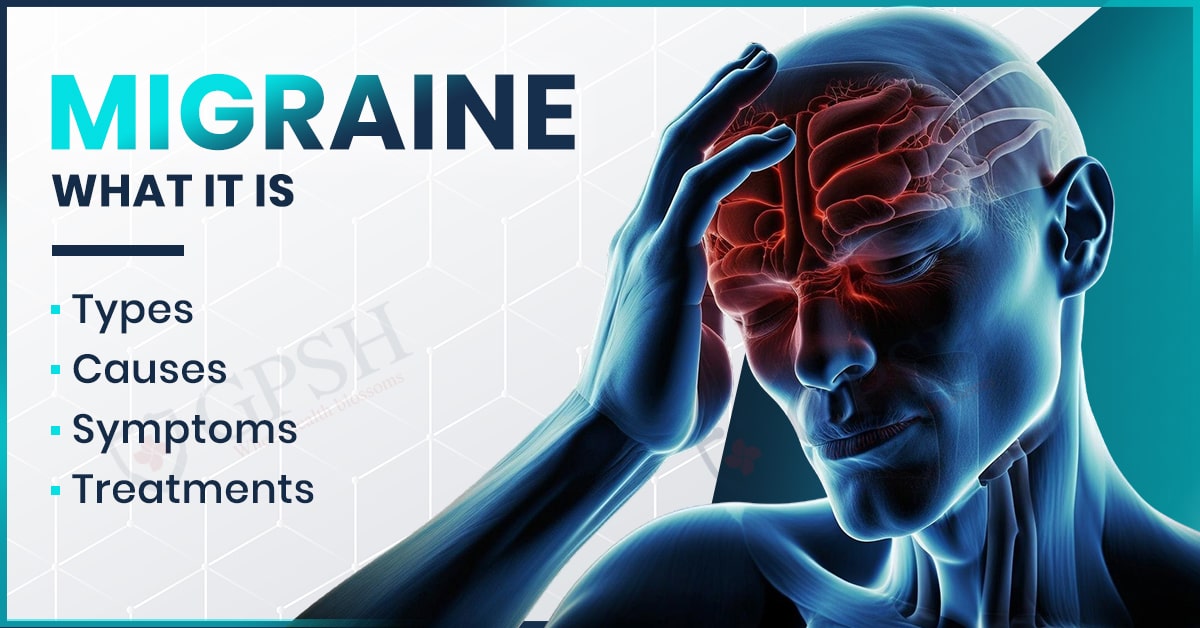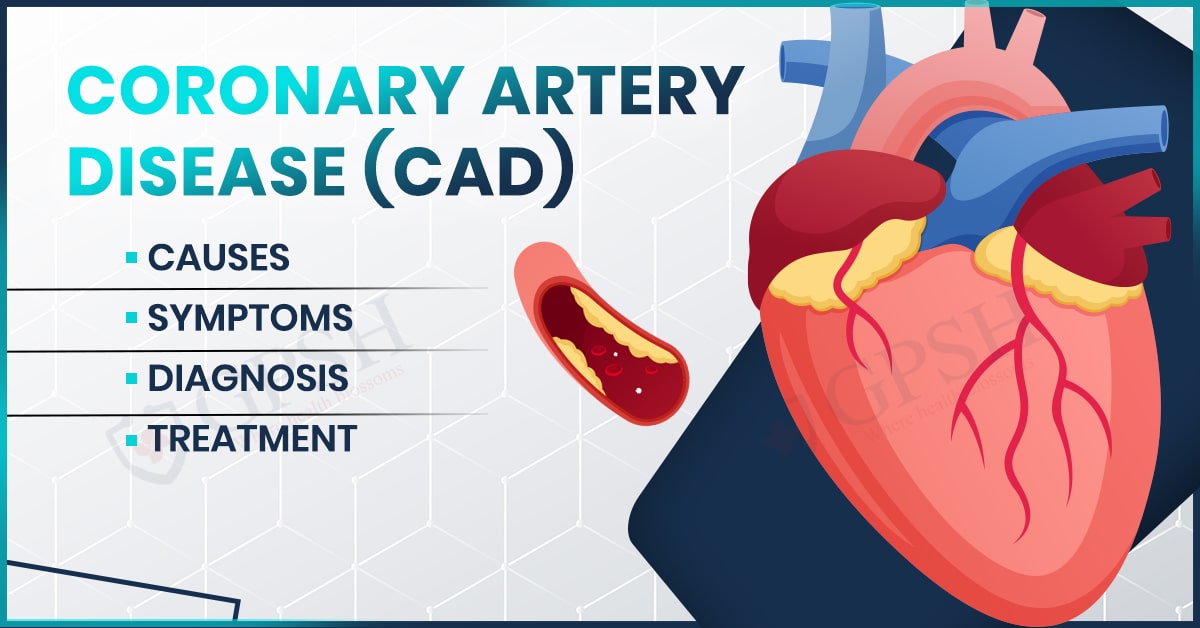Best Neurology Hospital in Jaipur | Neurologist
Neurology Department
Redefining The World With Best Neurology Hospital in Jaipur
Neurology is a branch of medicine that deals with disorders and syndromes of the nervous system. Neurologists are specialized doctors who possess expertise in dealing with various conditions related to the neurological system, including its blood vessels and surrounding tissues. They play a crucial role in diagnosing and providing comprehensive care for patients experiencing neurological issues.
Neurology & NeuroSurgeries:
Ganadhipati Purushottam Shekhawati Hospital is the best Neurology Hospital in Jaipur, equipped with state-of-the-art diagnostic equipment. The department is run by a team of highly qualified neurologists, neuro-surgeons & expert technical assistants who work together in multidisciplinary collaboration to provide the best possible care to the patients.
Neurology & NeuroSurgeon:
Neurology is the study of the nervous system. It is a branch of medicine that deals with the diagnosis and treatment of disorders of the brain, spinal cord, and nerves.
A neurosurgeon is a physician who specializes in the diagnosis and surgical treatment of disorders of Neurology of the central and peripheral nervous system including congenital anomalies, trauma, tumors, vascular disorders, infections of the brain or spine, stroke, or degenerative diseases of the spine. The education and training to become a neurosurgeon is rigorous and extensive.
PRINCIPAL SERVICES: NEUROLOGY
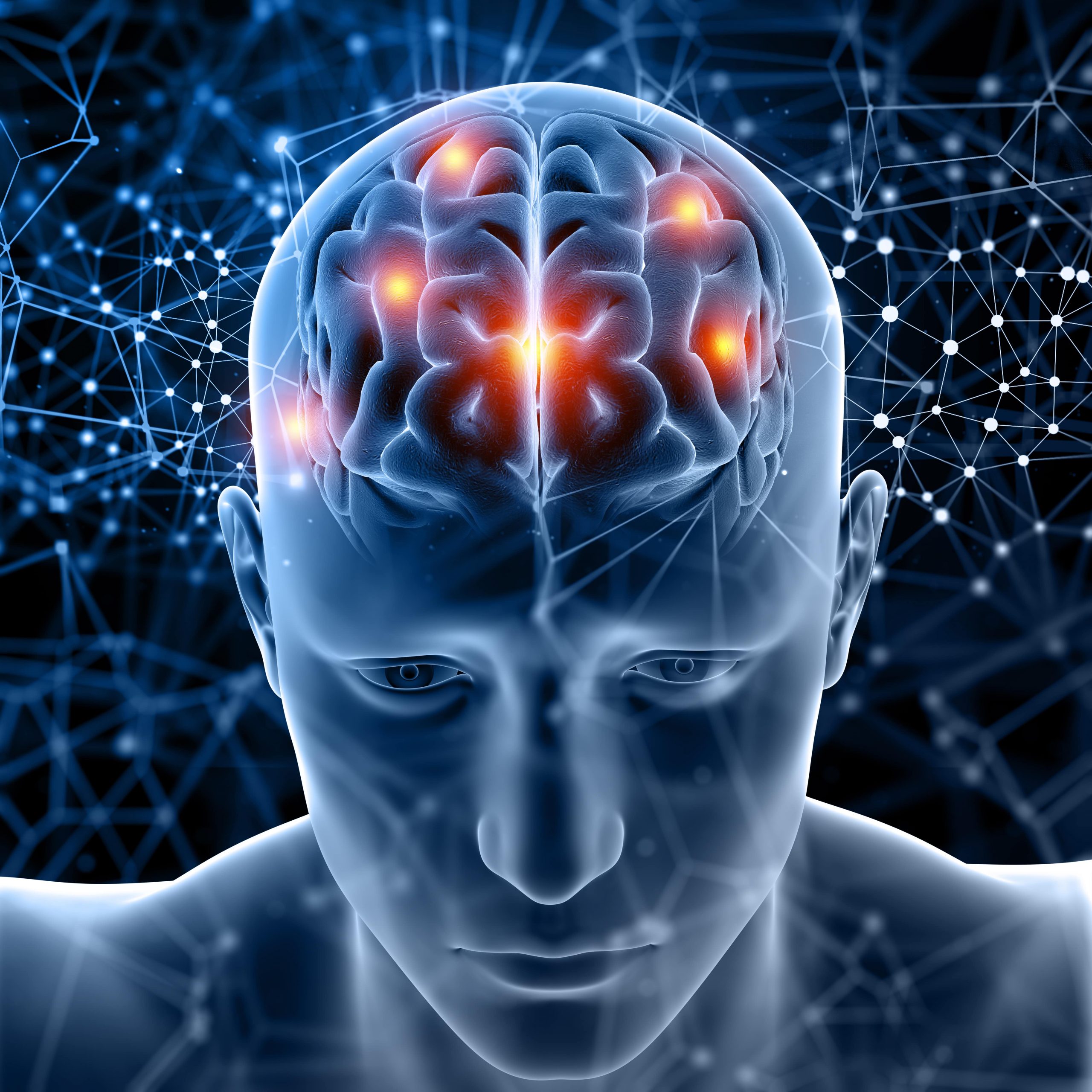
General Neurology
General neurology encompasses a wide range of treatments that are used to help restore and maintain neurologic function. These treatments may include medication, surgery, rehabilitation, and physical therapy. Many different disorders can affect the brain, and general neurology is responsible for diagnosing and treating these conditions.
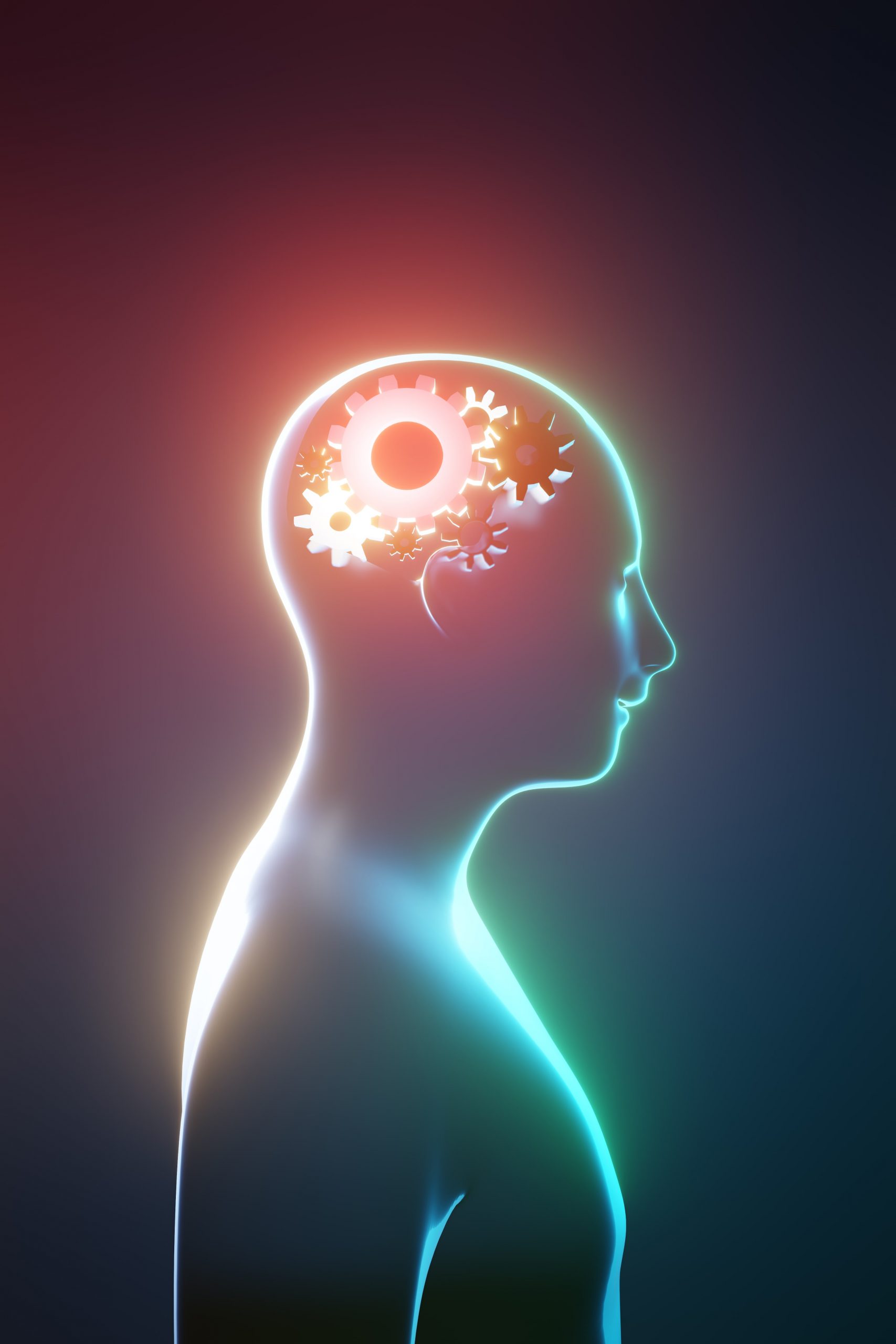
Cognitive Neurology
Cognitive neurology is a field of medicine that deals with the diagnosis and treatment of disorders that affect the brain and its functions. The field encompasses a wide range of treatments, from traditional medications to surgery and even stem cell therapies. Disorders that fall under cognitive neurology include Alzheimer’s disease, dementia, stroke, chronic traumatic encephalopathy (CTE), and Lewy body disease.
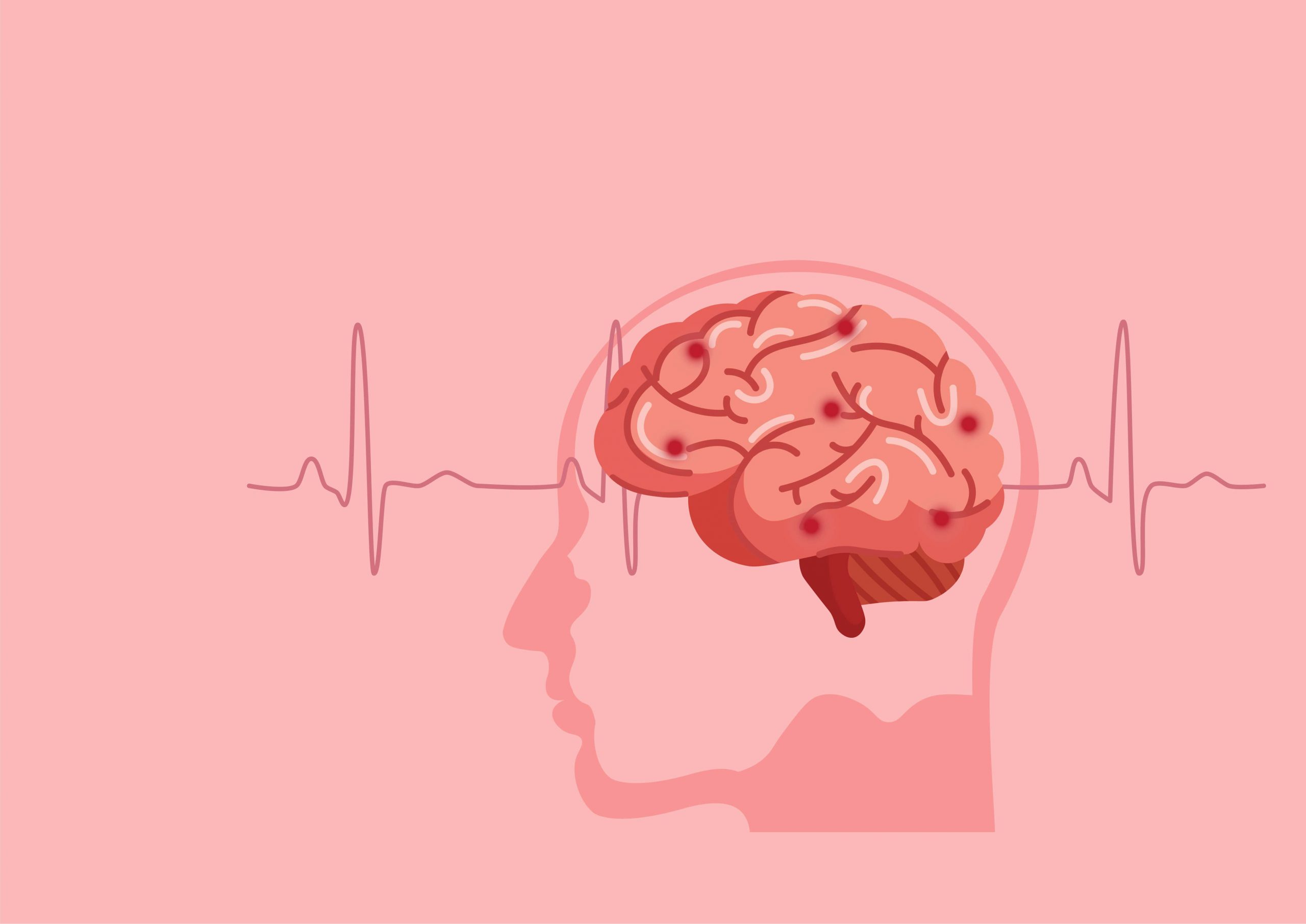
Multiple Sclerosis
Multiple sclerosis is a disease that causes inflammation in the brain and spinal cord. Symptoms can vary, but often include problems with movement, vision, speech, and bladder control.
In most cases, the symptoms get worse over time. There is no cure for multiple sclerosis, but treatments can help improve symptoms.
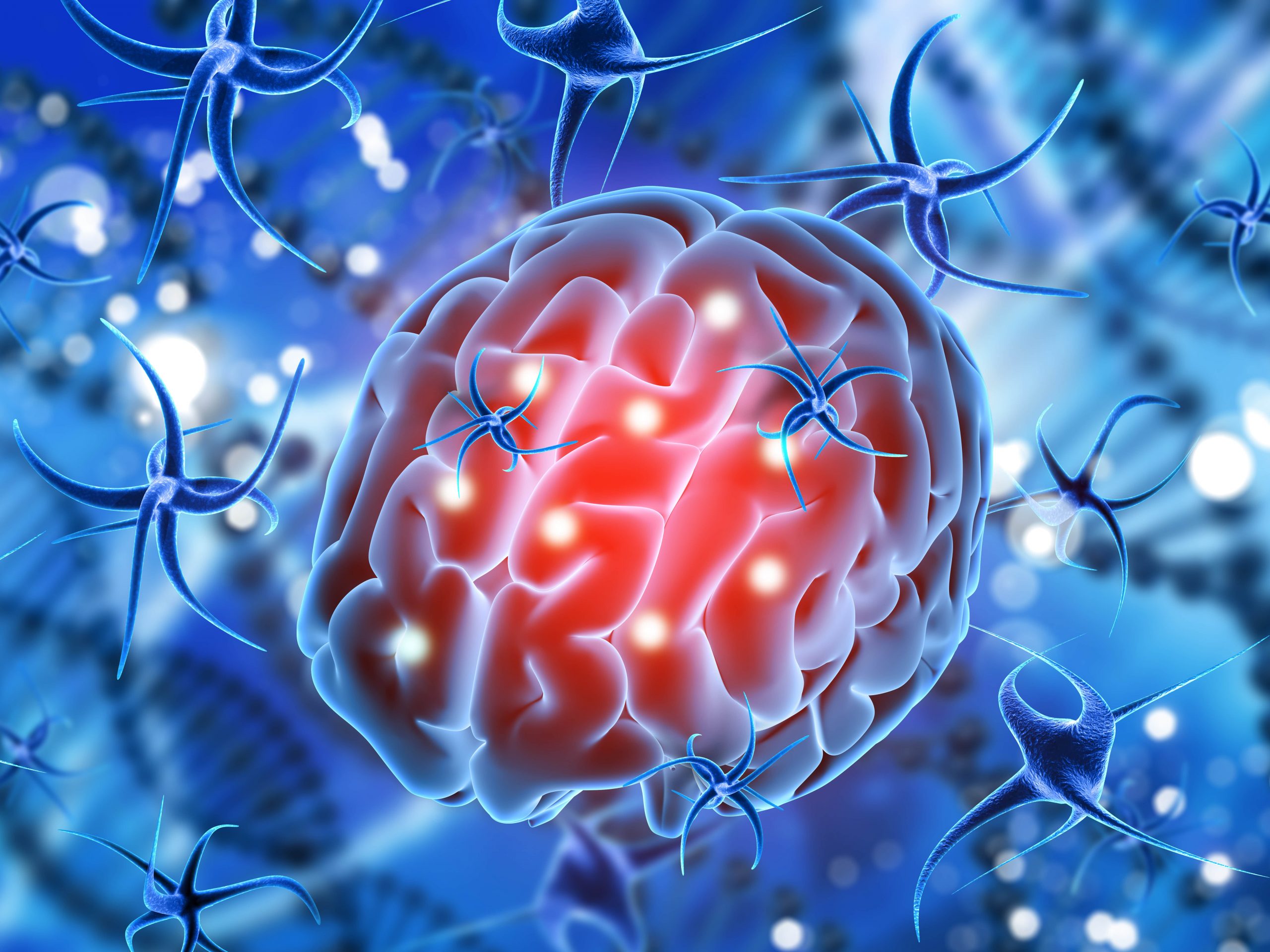
Neuroimmunology
Neuroimmunology is the study of the interaction between the brain and the immune system. This interaction can be seen in a number of ways, including neuroinflammation, neuroprotection, and neurogenesis. Neuroimmunology has become an important field of research due to its potential to improve our understanding of both brain disorders and healthy brain function.
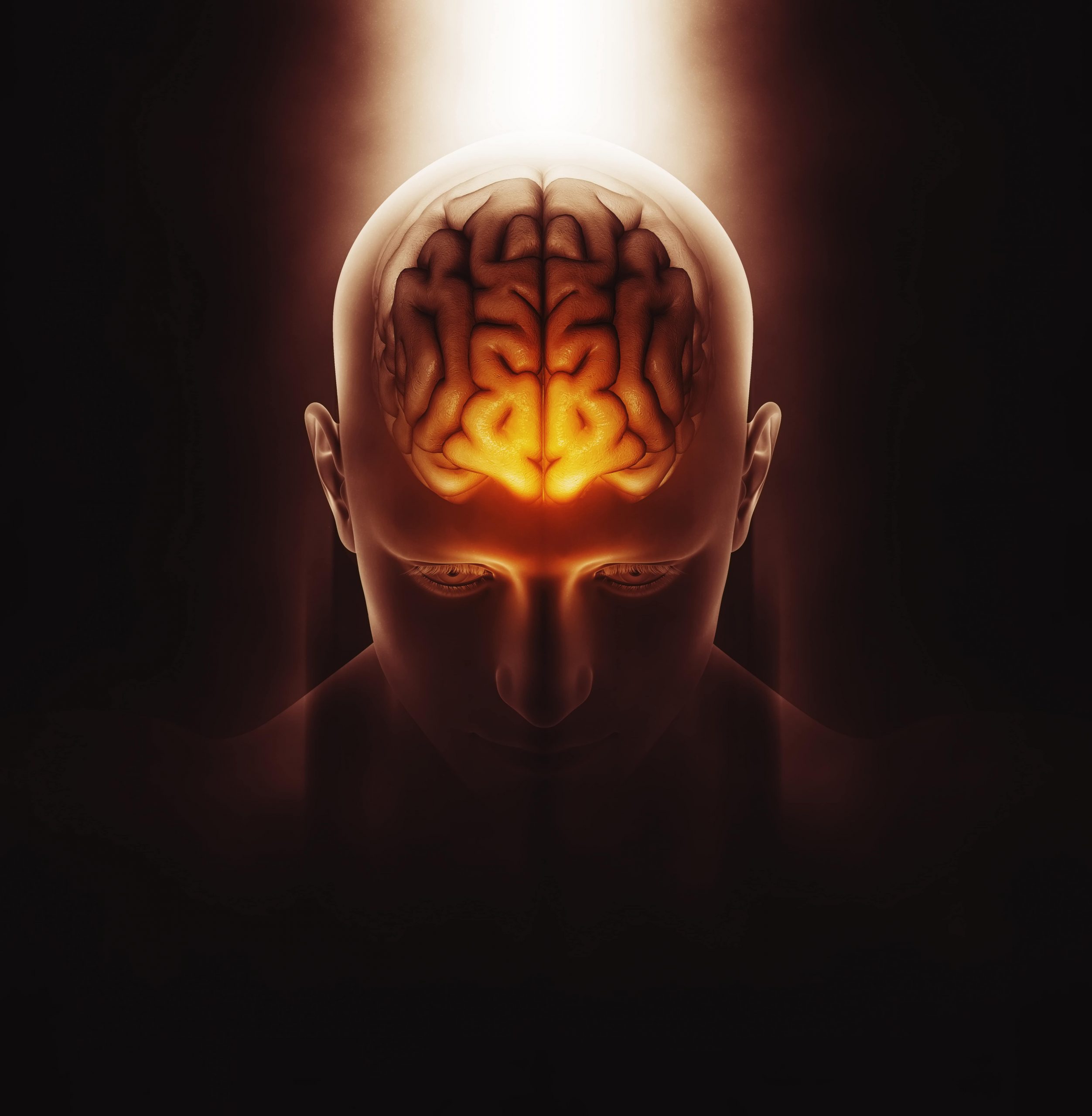
Pediatric Neurology
Pediatric neurology is the medical specialty that deals with the diagnosis and treatment of disorders of the brain and spinal cord in children. These disorders can include conditions such as epilepsy, cerebral palsy, developmental delay, and autism. Pediatric neurologists also specialize in diagnosing and treating head injuries in children.

Chronic Pain Syndrome
Chronic pain syndrome (CPS) is a complex condition that can be difficult to diagnose and treat. CPS is a condition that refers to prolonged, intense, and disabling pain that lasts for more than six months. Symptoms of CPS can include: headaches, neck or back pain, muscle aches and spasms, fatigue, and feelings of depression or anxiety.
The cause of CPS is unknown, but it may be caused by an injury or illness. Treatment options for CPS vary depending on the individual’s symptoms and severity.

Pain Treatment
Pain treatment in neurology is a vital part of treating patients, as pain can interfere with quality of life and make daily activities increasingly difficult.
Neurologists use a variety of treatments to control pain, including medications, physical therapy, and surgery.

Movement Disorder
Movement disorder is a term used to describe a group of conditions that affect the way a person moves. Conditions that can be classified as movement disorders include Parkinson’s disease, Huntington’s disease, cerebral palsy, and multiple sclerosis. Each movement disorder is characterized by unique symptoms that make everyday activities difficult, such as walking and moving around.
Some of the most common symptoms of movement disorders include tremors, stiffness, slow movements, and problems with Balance. Many people with movement disorders also experience problems with sleep and concentration.
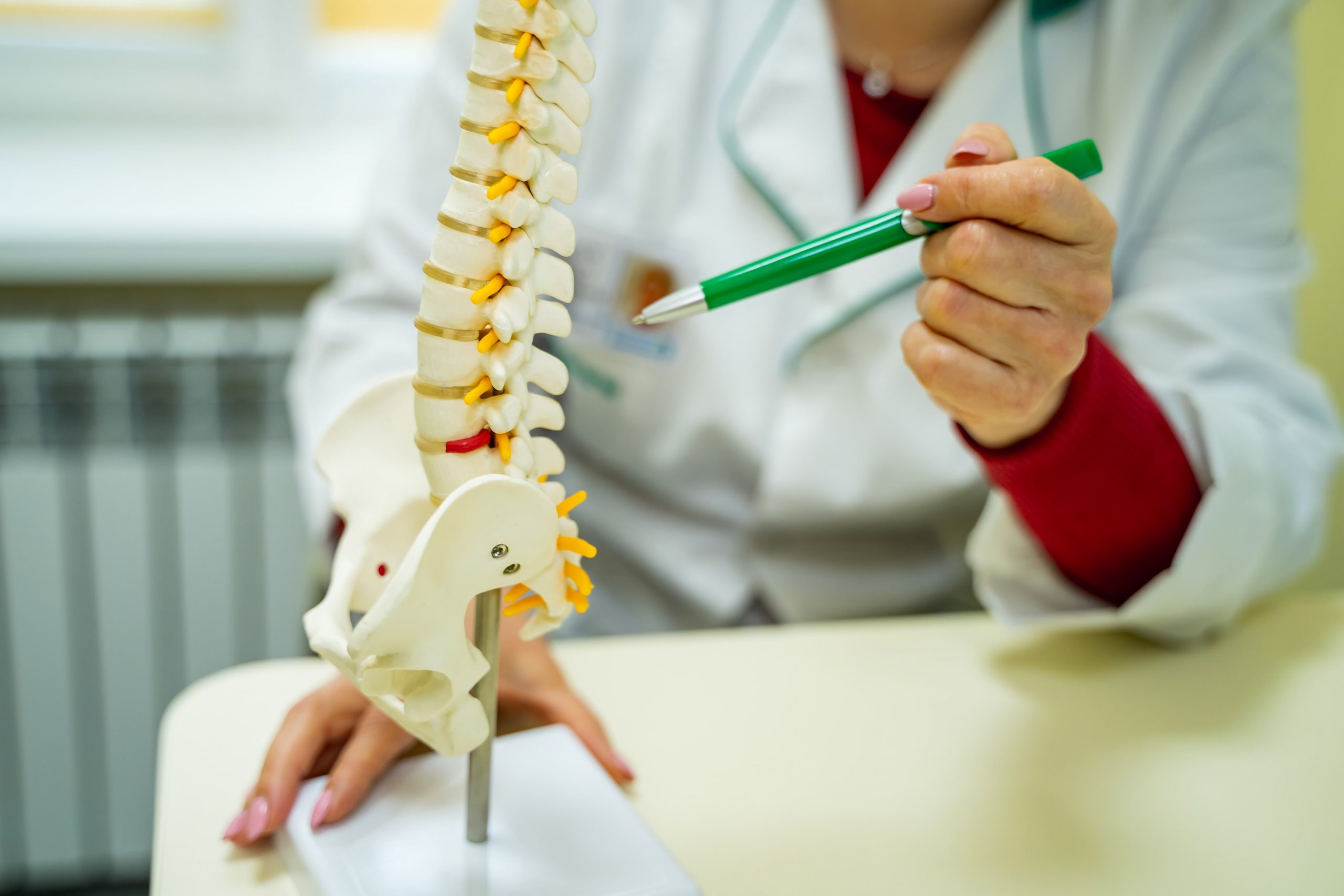
Spine Services
The spine is a collection of bones that support the upper body. Disorders of the spine can cause pain, limited movement, and paralysis. Treatment options include surgery, physical therapy, and medication. Spine services in neurology encompasses a wide range of treatments to help patients with disorders of the spine.
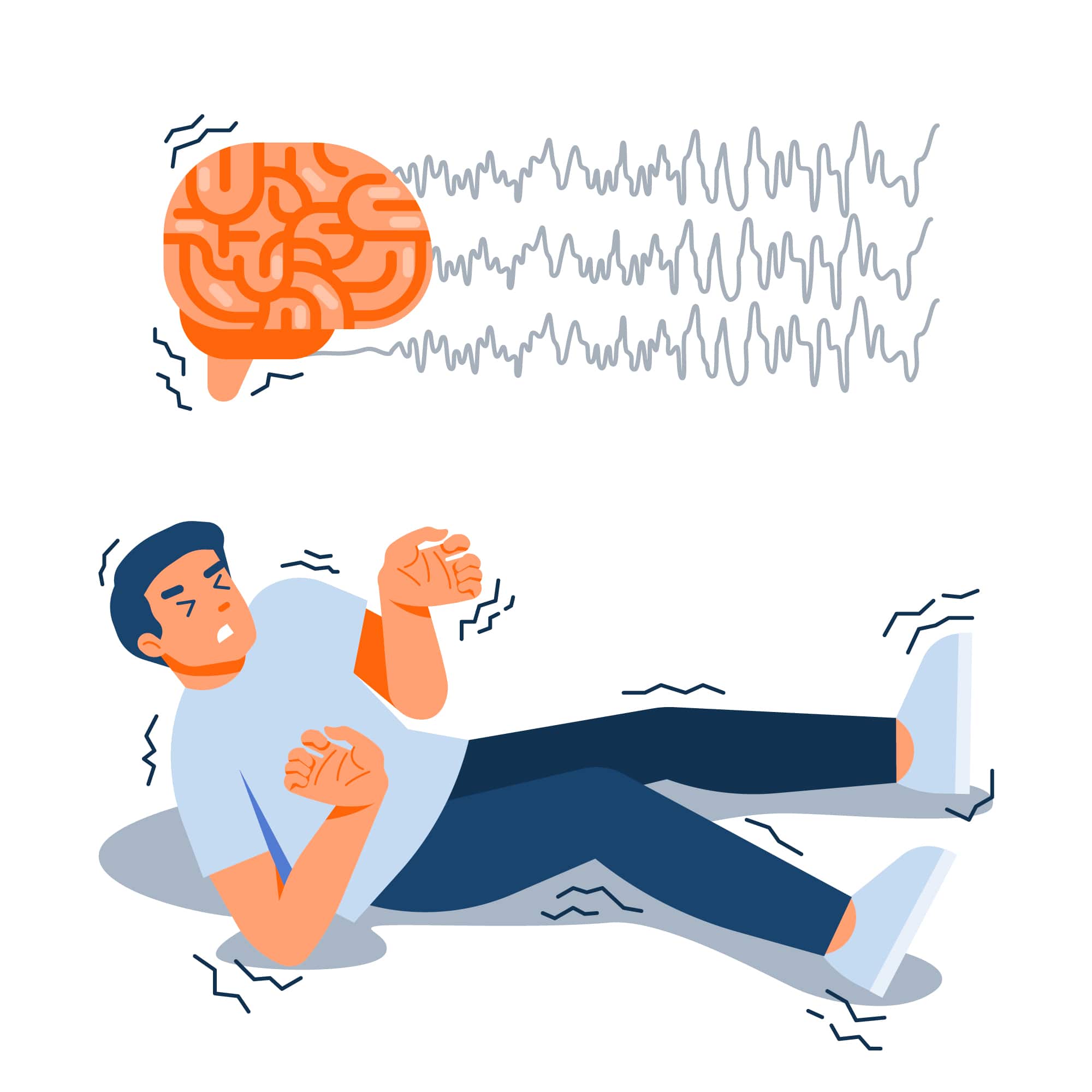
Seizure Disorders
People with seizure disorders experience recurrent seizures, which are episodes of uncontrolled electrical activity in the brain. Epilepsy is a general term for seizure disorders, but there are many different types of epilepsy, each with its own set of symptoms and treatments. Seizure disorders can occur at any age, but are most common in children and young adults.
They can also be caused by a variety of factors, including head injury, stroke, genetic disorders, and tumors. In many cases, seizure disorder can be controlled using medications and surgery.
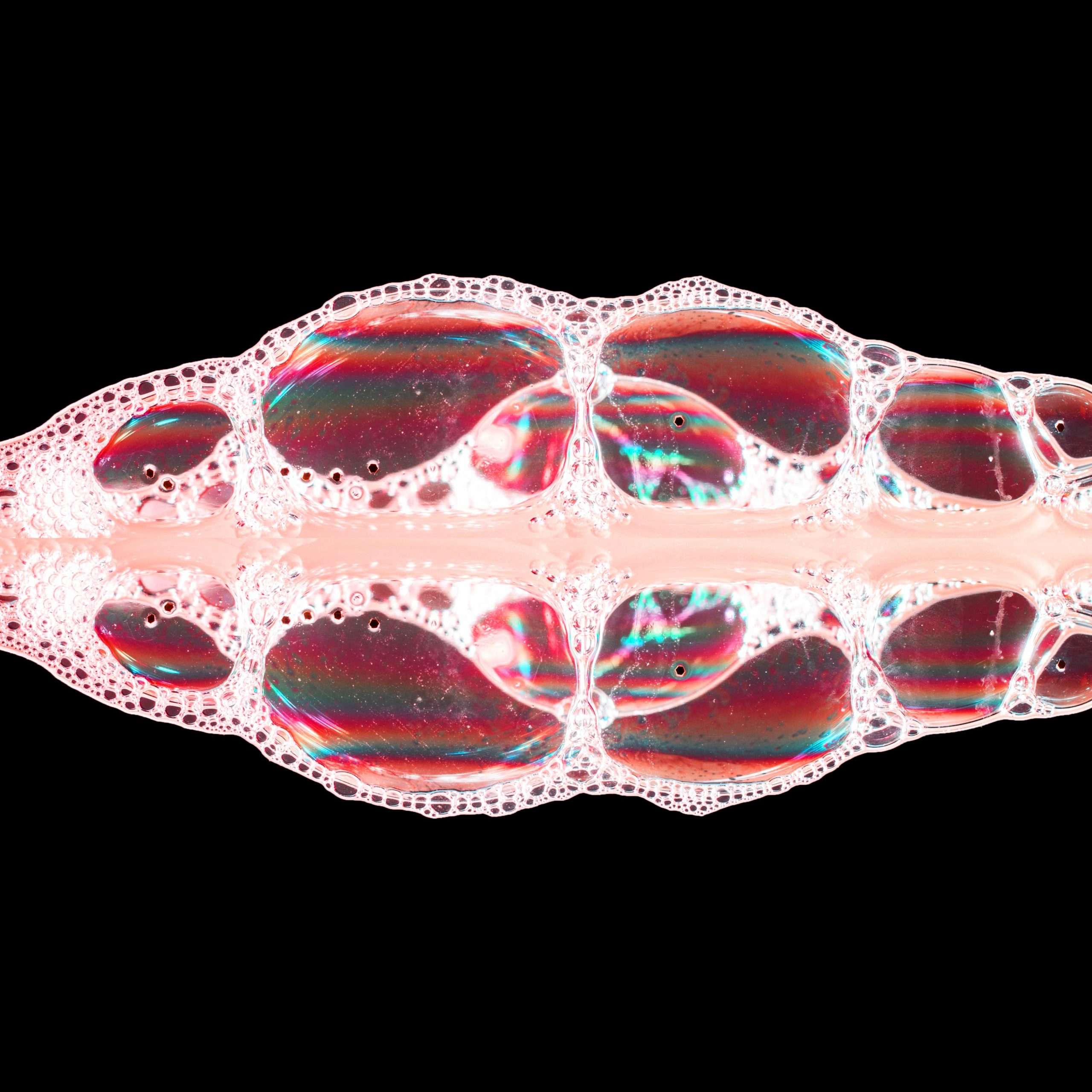
Skull base Tumors
Skull base tumors are rare, slow-growing tumors that can grow anywhere on the skull. They are often found in people over 50 years old and are most common in men. Skull base tumors can cause difficulty breathing, vision problems, and other health problems. Treatment typically includes surgery to remove the tumor and chemotherapy or radiation therapy to treat any cancer cells that may have spread to the brain.
PRINCIPAL PROCEDURES: NEUROSURGERY
Laminectomy– Laminectomy is a surgery to remove the lamina, the back portion of the vertebral bone. This surgery is used to treat conditions such as spinal stenosis, herniated disks, and nerve compression. Laminectomy may be done by itself or with other surgeries, such as a spinal fusion. Our neurologists are experienced in performing laminectomies and have a high success rate in relieving pain and restoring function. If you are suffering from chronic back or neck pain, call our office to see if you are a candidate for this procedure.
Head Injuries and Spine Injuries– Head injuries and spine injuries can be very serious and require immediate medical attention. A neurologist is the best type of doctor to treat these injuries. Head injuries can include a concussion, skull fracture, or brain bleed. Spine injuries can include a spinal cord injury, herniated disk, or broken bone. Treatment for these injuries may include surgery, medication, or physical therapy. It is important to seek medical help as soon as possible if you think you may have a head or spine injury.
Spinal Tumor– A spinal tumor is a mass or lump that grows on or in the spinal cord. The tumor can be cancerous (malignant) or non-cancerous (benign). Spinal tumors are rare, occurring in about 1 out of every 100,000 people. They can occur at any age, but are most common in adults aged 40 to 60 years old. Symptoms of a spinal tumor depend on the size and location of the tumor. They may include: back pain, weakness or numbness in the arms or legs, difficulty walking, balance problems, and changes in bladder or bowel function.
There are many different types of spinal tumors and they are treated differently depending on their type and location. Treatment options include surgery, radiation therapy, and chemotherapy. Our neurologists have experience treating all types of spinal tumors and offer the latest treatments available.
Peripheral Nerve Surgery– Peripheral nerve is a bundle of nerves that originate from the brain and spinal cord. These nerves spread out to all parts of the body, providing sensations and controlling the movement of muscles. Damage to peripheral nerves can cause numbness, tingling, pain, and weakness in various parts of the body.
Peripheral nerve surgery is a surgical procedure that is used to treat conditions that affect the peripheral nerves. Conditions that can be treated with peripheral nerve surgery include: carpal tunnel syndrome, ulnar neuropathy, and thoracic outlet syndrome.
Choosing a qualified surgeon to perform peripheral nerve surgery is important. Neurologists in Jaipur at Shekhawati Hospital are experts in diagnosing and treating conditions that affect the peripheral nerves.
Spinal Fusion– Spinal Fusion is a surgical procedure that joins together two or more vertebrae in the spine. This is done to stop any movement between the vertebrae, which may help relieve pain. There are several different ways that spinal fusion can be performed, depending on the cause of the pain and other factors. Our neurologists are experienced in performing spinal fusion surgery and can help you determine what would be the best treatment option for you.
Brain Tumor– A brain tumor is an abnormal mass or growth of cells in the brain. Brain tumors can be benign (not cancerous) or malignant (cancerous). Benign tumors are not as dangerous as malignant tumors, but they can still cause serious problems.
There are many types of brain tumors, and they can cause a variety of symptoms depending on their size and location. Some common symptoms of brain tumors include headache, nausea, vomiting, seizures, and changes in personality or mental function.
Brain tumors are treated with surgery, radiation therapy, chemotherapy, or a combination of these treatments. The type of treatment depends on the type and size of the tumor and on the patient’s age and health.
Our Neurologists in Jaipur at Shekhawati Hospital have specialized training in diagnosing and treating brain tumors. Call now to book your appointment.
Shunt Surgery (Treatment of Hydrocephalous)- Shunt surgery is a common treatment for hydrocephalous, which is a condition that causes an accumulation of cerebrospinal fluid (CSF) in the brain. This can lead to increased pressure on the brain, which can damage cells and tissues. Shunt surgery involves the placement of a tube, called a shunt, in order to divert the CSF from the brain to another part of the body, such as the abdomen or chest. Shunts are typically made from silicone and are very durable. There are two types of shunts: external and internal. External shunts drain CSF into a bag that needs to be emptied regularly. Internal shunts drain CSF directly into the abdominal cavity or chest.
Drainage of Brain Abscesses and Cysts- A brain abscess is a localized collection of pus that forms in response to an infection in the brain. A brain cyst is a fluid-filled sac that forms on or within the brain. Drainage of a brain abscess or cyst is necessary to prevent the accumulation of pus and to improve the patient’s prognosis. Treatment for a brain abscess or cyst generally includes antibiotics, surgery, and/or radiation therapy.
Vascular Malformation- A vascular malformation is an abnormal formation of blood vessels. They can occur anywhere in the body and can be either congenital or acquired. Some common types of vascular malformations are arteriovenous malformations (AVMs), capillary telangiectasia, and lymphatic malformations.
Vascular malformations can cause a wide variety of symptoms depending on their location and size. They may cause pain, swelling, bleeding, or even seizures.
If you are experiencing any of these symptoms, it is important to see a neurologist who specializes in the treatment of vascular malformations. Our neurologists at Shekhawati Hospital have extensive experience in diagnosing and treating these conditions.
Why Choose Shekhawati Hospital for Neurology Services:
We’ve become the pioneer in the specialty and also the greatest and most comprehensive in the nation. Shekhawati Hospital neurologists are continuously pushing the limitations and seeking novel techniques to increase diagnosis and treatments for individuals with neurological disorders through their study and collaboration with researchers globally. Combined with its multidisciplinary approach, innovative and innovative tools, from tech to diagnosis to treatment and care, Shekhawati Hospital is at the forefront in exceptional Quaternary care which takes Shekhawati Hospital to the list of Best Neurology Hospital in Jaipur.
Book An Appointment
Health & Tips
FEATURED SERVICES
We cover a big variety of medical services

BLOOD BANK
24*7 Blood Bank
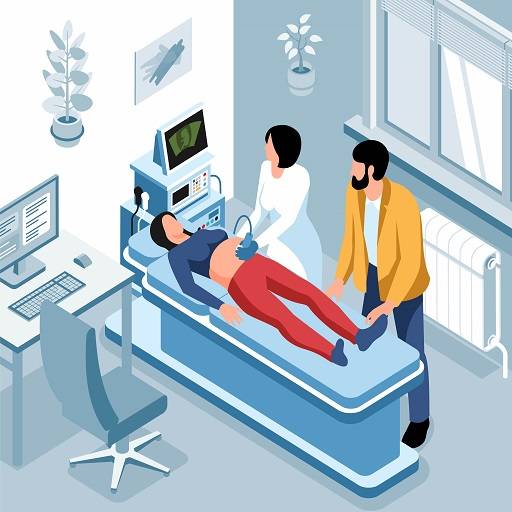
CT SCAN & MRI
24*7 Service

RADIOLOGY
Accurate Results

PATHOLOGY
All Lab Assitance

ACLS - AMBULANCE
24*7 Emergency

PHARMACY
24*7 Pharmacy
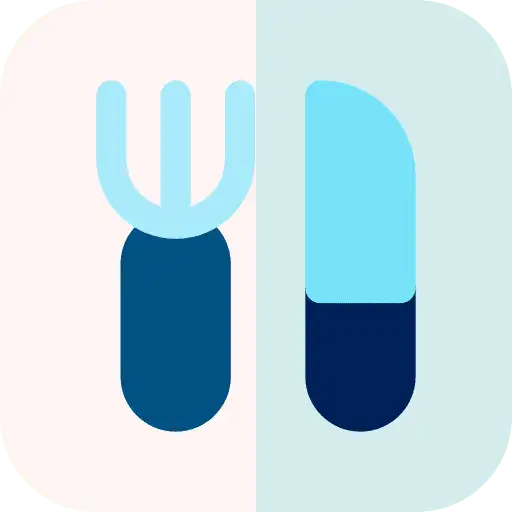
CAFETERIA
24*7 Foods
HEAD OF DEPARTMENT AND STAFF
A powerfull team working for your Health
FREQUENTLY ASKED QUESTIONS (FAQs)
The neurology department at Shekhawati Hospital treats a wide range of neurological conditions, including but not limited to stroke, epilepsy, Parkinson’s disease, multiple sclerosis, headaches, and neuropathy.
The neurology department at Shekhawati Hospital performs various diagnostic tests to diagnose neurological conditions, including MRI scans, CT scans, EEG tests, nerve conduction studies, and lumbar punctures.
The neurology department works closely with other specialties, such as physical therapy and psychology, to provide comprehensive care for patients. Physical therapy can help patients with neurological conditions improve their strength, flexibility, and range of motion, while psychology can help patients manage their emotions and mental health.
The neurosurgery department at Shekhawati Hospital performs a range of neurosurgery procedures, including brain tumor surgery, spine surgery, and deep brain stimulation. The success rate of these procedures varies depending on the type of procedure and the individual patient’s circumstances.
The neurosurgery department at Shekhawati Hospital takes patient safety very seriously during surgical procedures. They use the latest surgical techniques and equipment to minimize the risk of complications, and all surgical team members are highly trained and experienced in their respective roles.
Shekhawati Hospital’s neurology and neurosurgery departments are actively involved in ongoing clinical trials and research studies. These studies aim to improve the diagnosis and treatment of neurological conditions and ultimately improve patient outcomes. Patients may have the opportunity to participate in these studies if they meet the eligibility criteria.
A neurologist is a highly trained specialist who treats conditions of the brain, Spinal cord, nerves, and muscles.
Stroke, migraine, Parkinson’s disease, epilepsy, Alzheimer’s disease, muscular dystrophy, and peripheral neuropathy are some common conditions in this vast and complex field. To get rid of these, visit the best neurology hospital in Jaipur.
TESTIMONIALS
Patients Reviews Meant to Us




